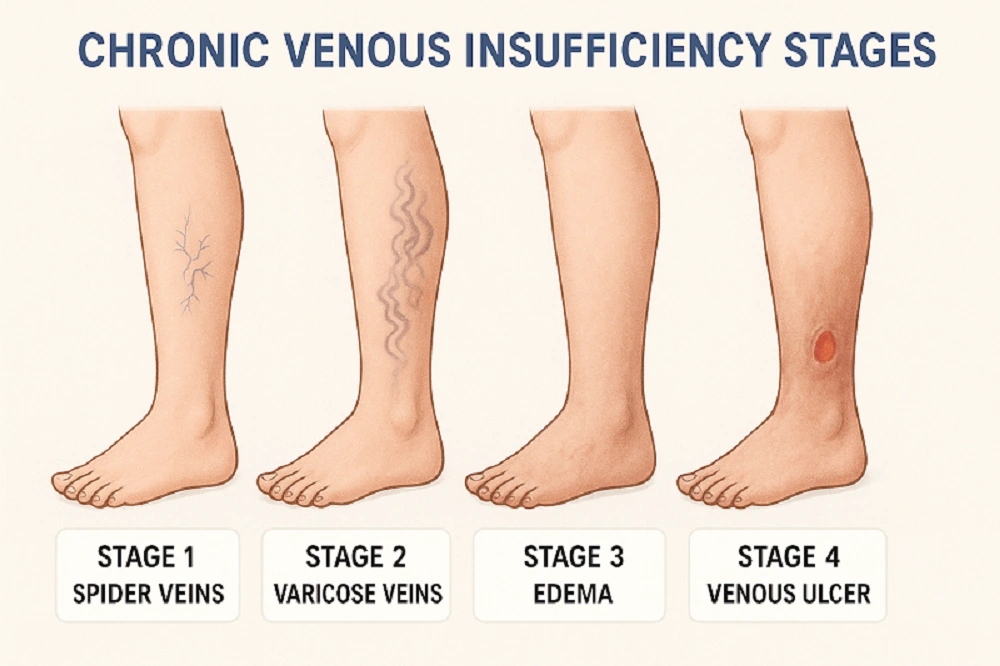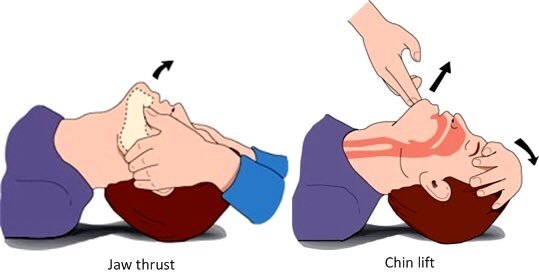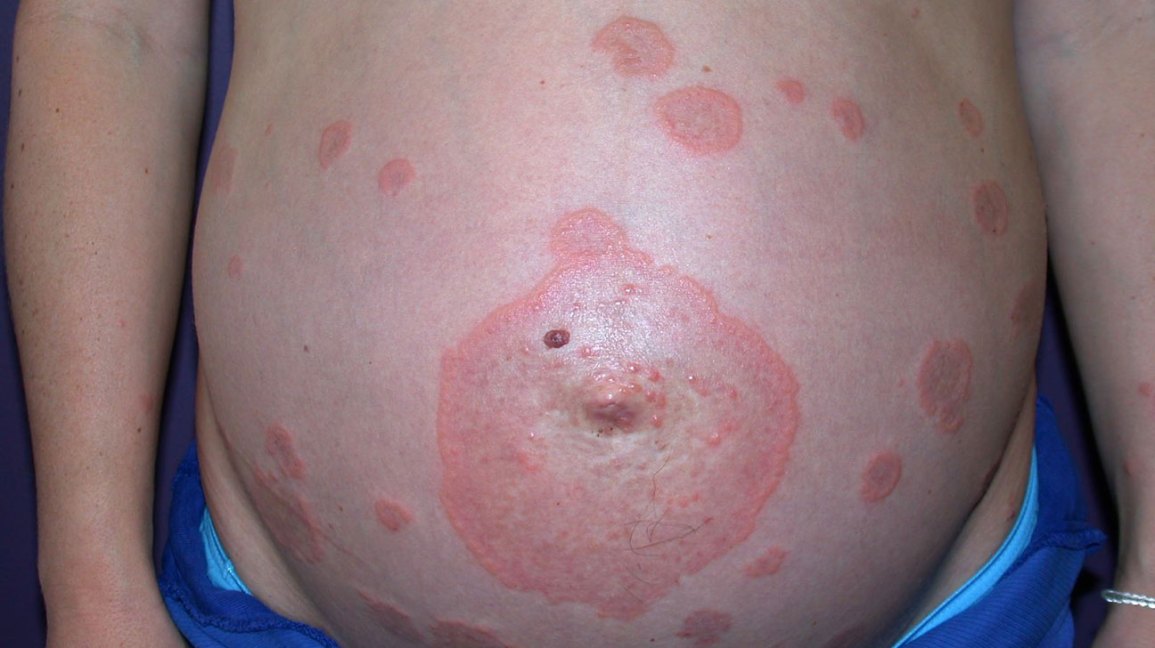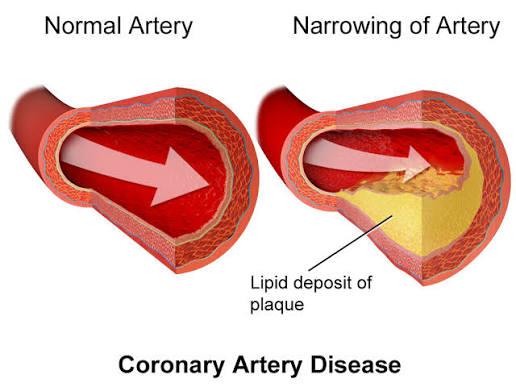
A patient with a history of recurrent miscarriages is found to have antiphospholipid syndrome. What is the recommended treatment during her next pregnancy?
- a) Low-dose aspirin alone
- b) Heparin alone
- c) High-dose corticosteroids
- d) No treatment needed
- e) Low-dose aspirin and heparin ✓
Antiphospholipid syndrome (APS) is an autoimmune disorder characterized by the presence of antiphospholipid antibodies, which can lead to increased risk of thrombosis and pregnancy complications, including recurrent miscarriages. In patients with a history of recurrent miscarriages associated with APS, careful management during pregnancy is crucial to improve outcomes.
Step 1: Understanding Antiphospholipid Syndrome and Its Implications in Pregnancy
Patients with APS are at a significantly higher risk for pregnancy complications such as miscarriage, stillbirth, preterm birth, and placental insufficiency. The underlying mechanism involves the formation of blood clots that can affect placental blood flow. Therefore, treatment strategies aim to reduce the risk of thrombotic events and improve placental perfusion.
Step 2: Current Treatment Guidelines
The current guidelines from reputable sources recommend a combination therapy approach for pregnant women diagnosed with APS who have experienced recurrent miscarriages. This typically includes:
- Low-dose aspirin: This medication helps to inhibit platelet aggregation and improve blood flow.
- Heparin (usually low molecular weight heparin): This anticoagulant helps prevent clot formation and is considered safe during pregnancy.
The combination of low-dose aspirin and heparin has been shown to significantly reduce the risk of pregnancy loss in women with APS compared to either treatment alone.
Step 3: Evaluating Treatment Options
Now let’s evaluate the provided options based on current clinical guidelines:
a) Low-dose aspirin alone – While this may provide some benefit, it is not sufficient on its own for patients with APS who have had recurrent miscarriages.
b) Heparin alone – Similar to low-dose aspirin alone, heparin by itself does not address all aspects of managing APS in pregnancy effectively.
c) High-dose corticosteroids – These are generally not recommended as first-line treatment for APS in pregnancy due to potential adverse effects on both the mother and fetus.
d) No treatment needed – This option is contraindicated given the known risks associated with untreated APS during pregnancy.
e) Low-dose aspirin and heparin – This combination is supported by clinical evidence as the most effective treatment strategy for improving outcomes in pregnant women with APS who have a history of recurrent miscarriages.
Conclusion
Based on the above analysis, the recommended treatment during her next pregnancy would be:
Low-dose aspirin and heparin
This combination therapy has been shown to significantly improve pregnancy outcomes in women with antiphospholipid syndrome who have experienced recurrent miscarriages.







